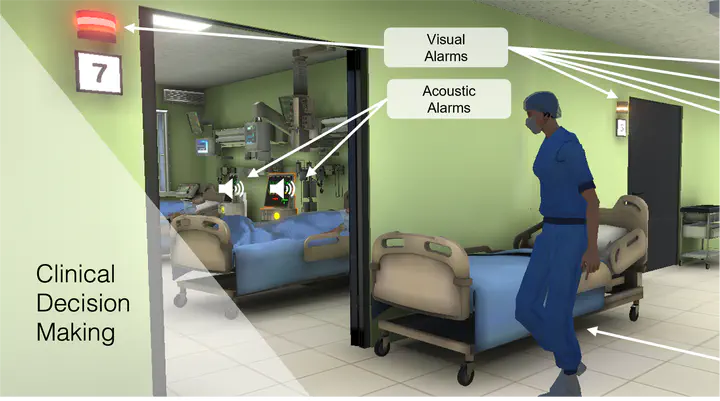Data Visualization & Decision Support for Multidisciplinary Clinical Decision Making

The objective of any clinical decision support system is to enhance and streamline decision-making within clinical workflows. This project approaches clinical decision support comprehensively, considering facets from data processing to the implementation of AI models and the effective communication of results to medical staff via user interfaces in the respective environments. One critical area where clinical decision support holds great potential is the early detection of infections. These can often progress unnoticed over time and, in severe cases, lead to drastic consequences such as sepsis. In collaboration with UK Erlangen, we are conducting research into the potential of AI-based risk stratification for the early detection of infections, with a particular focus on candidemia, a type of sepsis with a high mortality rate. Conventional diagnostic methods are time-consuming, but newer rapid tests offer quicker results. However, their cost limits routine use. Our approach targets high-risk patients for these tests, maximizing efficiency and cost-effectiveness. The utilization of datasets such as MIMIC-IV facilitates enhanced comparability and reproducibility. Furthermore, the integration of the algorithm into clinical routines allows for the assessment of its impact on patient outcomes. The integration of novel systems and interfaces into healthcare settings is constrained by challenges related to usability, trust, and the assessment of real-world impact due to regulatory constraints. To overcome this, we advocate for the use of Virtual Reality simulation for in silico testing of these innovations. Virtual reality simulations create digital replicas of clinical environments, providing a safe and controlled environment in which to assess the usability, efficacy, and safety of new technologies.
Luisa is supported by a scholarship from Siemens Healthineers and the Digital Health Innovation Platform (d.hip). Thank you!
